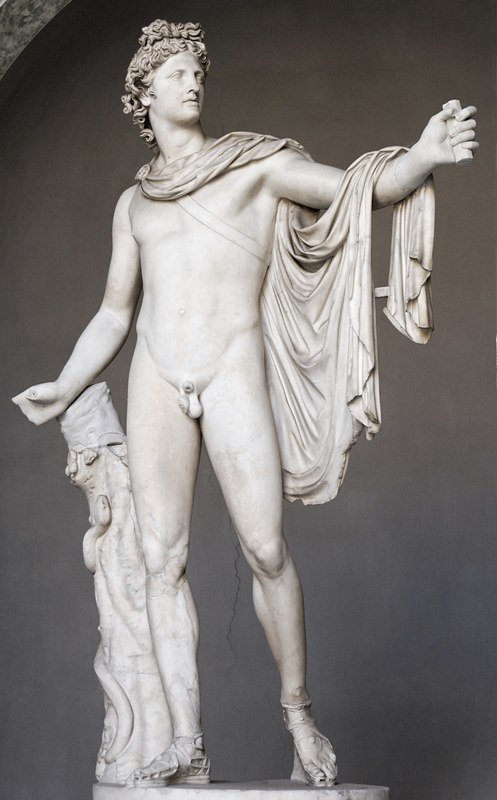!
In a speech about Wolfgang Goethe death centenary in 1932, Albert Schweitzer said:
What is taking place over the World Stage in our terrible age, but the huge Faust drama repetition? In violence and murder facts, a Humanity of thousands, a brutalized humanity plays its cruel game. (…) Of thousand ways, Humanity has been persuaded of abandon its natural links with the reality, in order to looking for the wellness in a sort of magic spell in a kind of economic or social sorcery, with which is eliminated, more and more, the possibility of freeing itself of economic and social misery.
Goethe, before us, lived this labor and anxiety of his epoch (…) We must be more powerful than the circunstances if we are going to become, through them, men that understand our time, men who are an integral part of its.
We are, should be, Achilles, Fausto or Leonidas reiteration, struggling against superior, mediocrising forces. Forces that push us to live a half life, forces that prevent us to achieve our worth as integral men and women. We are constantly pressed to become sedentary consumers of disposable articles, chained to stultifying activities (that step by step take us to the grave) without truly improving our thinking skills, like automatons hooked to a production chain. Embracing ideologies, which are no more than "intellectual templates" that seek to relieve us of the tedious burden of thinking and acting for ourselves.
In Archaic Greece a concept was born: areté. There is no exact translation of this concept, which has been translated as virtue, excellence, perfection. The man who have expressed such a concept was the aristos, the strong, the excellent, the superior.
Yes, from aristoi comes the word aristocracy, the government of the best, of the virtuous. Over the centuries, the concept became distorted. Today, we call aristocrats to some member of that restricted group of people who hold a noble title, even if they have no attribute other than that.
The same concept of areté has been understood in various ways throughout history, depending on the Zeitgeist, the spirit of the times of each historical period, because the set of virtues that the man of virtue had to possess changed with time and civilization or rather, was being understood in a different way: from the warlike abilities of Homeric Greece to the intellectual virtues of the classical period of that same civilization, to the Christian moral virtues, to the ideal of medieval knighthood, of the Japanese samurai, and so on.
What has not been altered is the fact that these aristoi were models for their contemporaries. This is the true meaning. It is not about men who call themselves superiors arbitrarily to justify the oppression of others. By the time that Albert Schweitzer in Germany said the words that inaugurate this article, the rise of the Nazis was imminent.
But you have to be careful with such concept of superior man. I do not mean the man who arbitrarily proclaims himself "superior" to his fellows, masking a feeling of inferiority whose defense mechanism is to oppose a contrary, though equally nefarious, feeling. History has been in charge of demonstrating that this type of distorted vision only begets monsters.
Here I talk about achieving the best possible version of ourselves. That magnificent man or woman who is not a ideologies adept, because he/she thinks for him/herself. He/She never acts by inertia. He/she understands that he/she is a multidimensional being, not the caricature to which society wants to reduce him/her and that the constant improvement of each aspect of that multitude of facets is his/her line of defense against the mediocrity that surrounds him/her. A man or woman who unintentionally is a leader and a model for his peers.
What I propose is an exercise to achieve this areté adapted to modern times. That is, to be a true aristos for this 21st century. For that, we must specify what aspects of us should work.
In later articles, I will deepen these reflections.
Thanks for reading!
Image source https://www.tripimprover.com/blog/apollo-belvedere